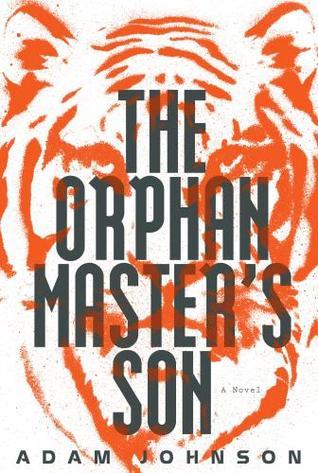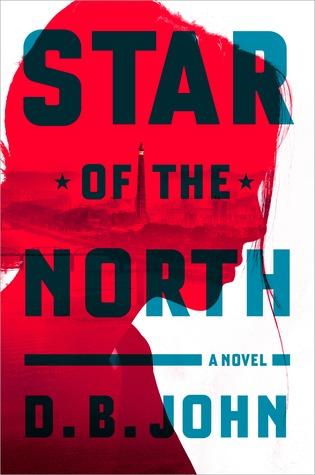I might be off base here, but I have thought for a while that the state, ANY state, necessarily treats capital as it’s constituents.
So if we say that liberalism is supposed to be about liberty, consent of the governed and equality before the law, and that the object of this philosophy is not the populace, but rather the capital which the ideology encapsulates, then liberalism will be about the liberty of capital, the consent of dominant capital, and capital equality before the law.
The same can then be applied to Marxism-Leninism-Stalinism, which is supposed to be about: from each according to his ability, to each according to his needs. and if we view the object of these first principles as the locus of power and the providers of power, then from each according to his ability, means the workers would supply the power, and to each according to his need, would mean the locus of power would be on the receiving end.
The USSR is such a vast convolusion of often conflicting philosophies that i’ve never really managed to get anything more coherent as a first principle out of it.
Maoism offered much of the same, except that where Marx viewed the Urban Worker as the supplier of power, Mao viewed the Rural worker as the supplier. So it makes sense that China remained predominantly agrarian for the entirety of Mao’s reign.
This brings us to North Korea, which originally took much of Maoism as it’s starting philosophy, but makes use of Juche as it’s core indoctrination. Juche being a philosophy of “self-reliance” would necessarily mean isolationism, xenophobia, strict hierarchies, and even stricter adherence by the populace to the strictures of Juche.
While Stalin publicly rejected the Cult of Personality that Leninism inspired (although though i believe this was just PR spin), Mao had no problems with it, and the Kim dynasty actively pursued it. This is worth keeping in mind, because it is one of the Concepts of Power utilized by the North Korean Mode of Power.
Kim Il Sung had explained Juche as:
“Establishing juche means, in a nutshell, being the master of revolution and reconstruction in one’s own country. This means holding fast to an independent position, rejecting dependence on others, using one’s own brains, believing in one’s own strength, displaying the
revolutionary spirit of self-reliance, and thus solving one’s own problems for oneself on one’s own responsibility under all circumstances.”
So if we take Juche as the philosophical first principles, and the object of the principles being the Personality around which the cult is established, then
- Being the “Master of revolution” would refer to the Kim in charge.
- Reconstruction would necessarily mean that the reconstruction is done by all, on behalf of the Kim in charge.
- Holding fast to an independent position would mean isolationism.
- Rejecting dependence on others would mean xenophobia.
- Using one’s own brains would refer to the view that the Kim in charge holds moral and intellectual supremacy.
- Believing in one’s own strength would mean Military independence (and thus the industrial capacity to support such manufacturing)
- Displaying the Revolutionary spirit of self reliance means openly supporting the propaganda machine doled out by the autocracy.
Juche is, at it’s core, a philosophy of man’s supremacy over the world. It is a statement of Order and Creorder in-and-of itself.
Obviously it is deeply flawed, and as a result of this extreme notion of self-reliance, and the broad economic sanctions levelled against it by world powers, North Korea has had to largely concede on many fronts of it’s façade of self-reliance, whether that is food aid from South Korea, Diplomatic relations with China, trade deals with Trump, industrial espionage needed for upgrades to national infrastructure, development of ransomware and cyber heisting to fund their faltering economy.
Which brings me to a question. Differential accumulation is central to CasP, but how do we compare the relative power of states using fundamentally different modes of power? North Korea seems to have gained a position of relative stasis of power through it’s isolationism, and while other states gain and lose power relative to each other, North Korea seems to plod along without significant change.


